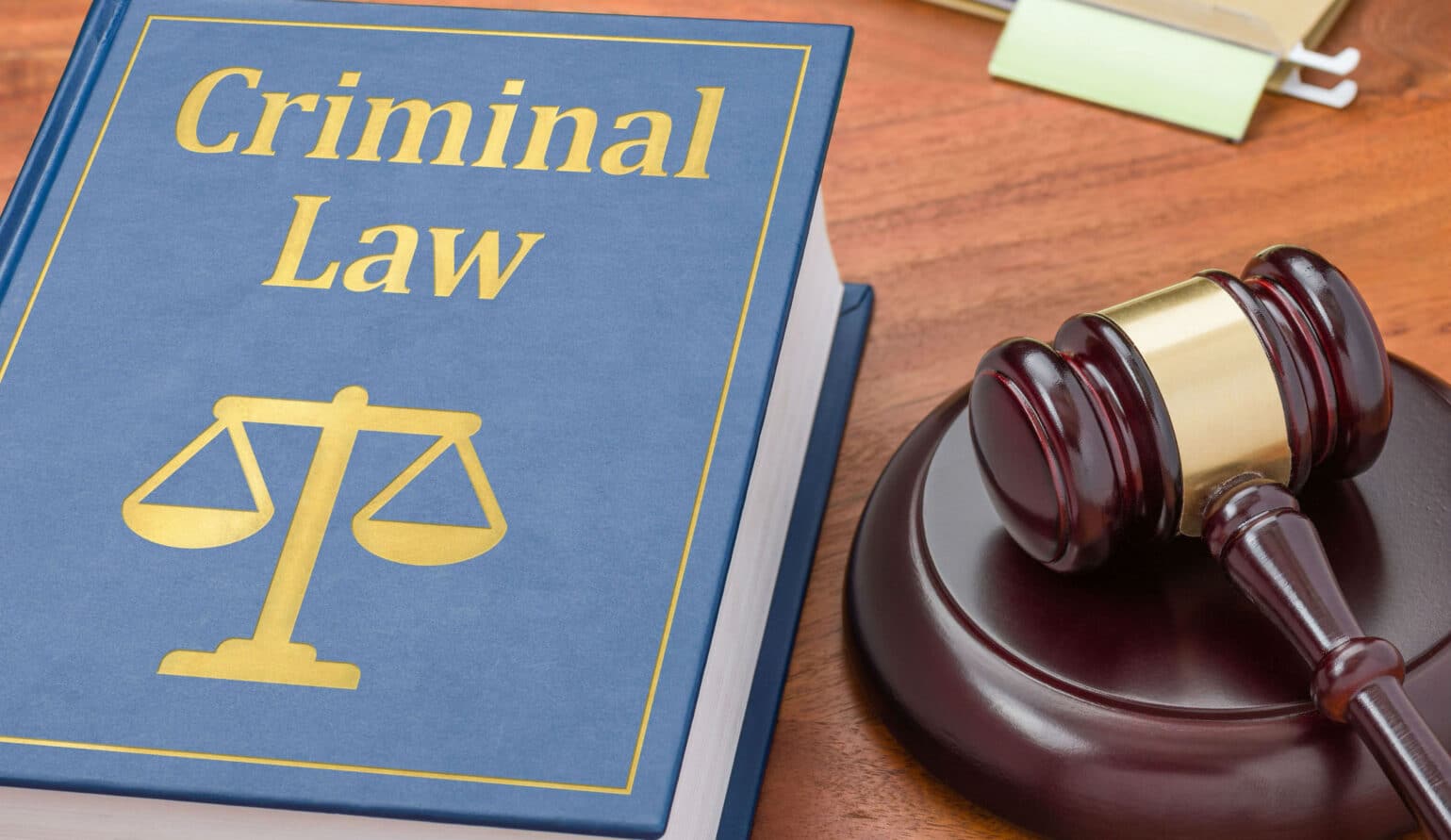
THE NATURE OF INCHOATE CRIMES: INDIAN PENAL CODE
Offenses that are not fully completed are called inchoate offenses. Inchoate refers to something that is “underdeveloped” or “unfinished.” Since these acts take place while the ultimate crime is being committed, they do not constitute complete offenses. It aids in or helps the ultimate criminal act.
For offenses, the two most crucial elements are Mens Rea as well as Actus Reus. MensRea denotes the intent to commit a crime with guilt. The act’s actual commission is known as Actus Reus.
Inchoate Crimes: About
Incomplete offenses are referred to as “inchoate crimes.” The word “inchoate” literally translates as “unfinished” or “underdeveloped.” Since these actions are taken in the course of committing the ultimate crime, they do not constitute complete offenses. It contributes to the ultimate crime.
Inchoate Crimes Examples
The inchoate crime examples are as follows:
- If someone makes an effort to kidnap somebody but is not successful, they might end up prosecuted for trying to kidnap someone.
- Someone may be charged with trying to commit robbery if they make an explicit attempt but lack the ability to carry out the crime in question.
Inchoate Crimes: Types
The Crime of “INCHOATE CRIMES ABETMENT”
- A person commits an offense known as abetment when they encourage someone else to carry out a crime rather than engaging in illegal activity themselves.
- Section 107 and Section 108 of the Indian Penal Code define abetment. These laws state that when someone initiates, participates in, or helps with the doing of an act, that person is abating the doing of that act.
- But it’s important that the actions of encouraging, convincing, or supporting demonstrate the person’s intention to carry out the offense. Incitement, unlawful omission, conspiracy, and assistance are all examples of aided behavior.
The Crime of “INCHOATE CRIMES ATTEMPT”
- The Indian Penal Code (1860) does not provide a precise definition for an attempt. Nonetheless, attempting an offense carries a jail sentence, or perhaps life in prison, depending on the circumstances.
- There are situations where the same provision and punishment apply to both the actual offense and the attempted offense. For instance, sedition as defined by IPC Section 124 A.
- They are sometimes punished as distinct offenses and are handled as such. For instance, Section 307 prohibits attempts at murder, Section 308 prohibits attempts at culpable homicide, and Section 309 prohibits attempts at suicide.
The Crime of “INCHOATE CRIMES CONSPIRACY”
- When more than one person decides to commit a crime and then go about carrying it out, that is called an inchoate crime conspiracy under Section 120A and Section 120B of IPC.
- According to this, the act must be carried out by two or more people, and they must have agreed to do either a lawful act through illegal means or an illegal act altogether. This is an incomplete offense as the crime need not be finished.
Inchoate Crimes IPC: Defenses
The inchoate crimes IPC mostly contains two defenses. They are as follows:
The Defense of “ABANDONMENT”
- The accused argues in this defense that his mind decided to give up on committing the crime.
- Despite the fact that he was involved in the system, he did not attempt to do the crime or prepare to do it.
- In order to prove this defense, the defendant must show that he completely and deliberately gave up on trying to commit the crime.
The Defense of “IMPOSSIBILITY”
- The inability to commit the crime is a defense that the defendant may raise.
- The defense of legal impossibility may be used in cases when the defendant argues that the act for which he attempted to perform or that he meant to commit is not legally prohibited.
- The factual impossibility is that the circumstances of the case make it impossible for the defendant to commit a crime. In this case, events transpire in a way that makes crime impossible to perpetrate.
Many offenses carry consequences even in the absence of a crime being carried out. These consist of abetment, conspiracy, and attempt. The necessity to add additional areas to inchoate crimes continues to increase as time goes on. Eliminating the act of executing the crime is the main purpose of this. These types of crimes are comparatively recent, and as time moves on, criminal law is becoming more and more sophisticated with the goal of creating a society that is harmonious and peaceful.
The court system must constantly adapt and enhance how it handles inchoate offenses as the world evolves and fresh issues arise. Legal authorities continually confront the difficulty of establishing a balance between safeguarding individual liberty and battling criminal activities. However, the IPC’s incorporation of rules related to inchoate crimes shows an advanced knowledge of criminal behavior as well as an ongoing commitment to upholding the rule of law.



